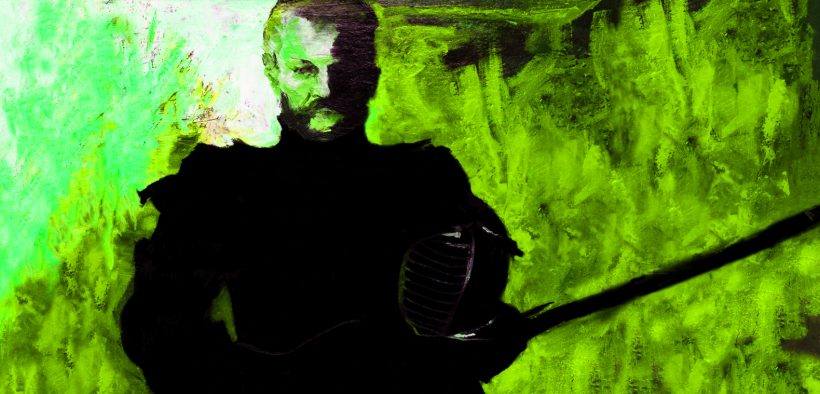My model for setting classroom expectations is a green giant. No, not the jolly green one of vegetable fame, but the playful, disruptive, yet effective Green Knight of the 14th-century romance Gawain and the Green Knight. The scenario unfolds like this: Until his arrival, King Arthur’s court seems disengaged. Arthur is described as boyish; in fact, he is refusing to eat until he has been entertained. He wants a story—fantastical ones are best—or some marvelous feat. Into this scene comes the Green Knight, and within only a few stanzas manages to discipline the rowdy king, awaken his sleeping men, and draw out the reluctant Gawain (who appears more inclined to rest upon his reputation for being the best in the class rather than undertake new challenges). Gigantic, well-dressed, and well-equipped, not to mention green, the Green Knight seems to be exactly what the king had been wishing for—a magical solution to his boredom.
Lessons Learned from a Green Knight, or How I Set Classroom Expectations

Related Articles
I have two loves: teaching and learning. Although I love them for different reasons, I’ve been passionate about...
Active learning is a mostly meaningless educational buzzword. It’s a feel-good, intuitively popular term that indicates concern for...
Perhaps the earliest introduction a student has with a course is the syllabus as it’s generally the first...
Generative AI allows instructors to create interactive, self-directed review activities for their courses. The beauty of these activities...
I’ve often felt that a teacher’s life is suspended, Janus-like, between past experiences and future hopes; it’s only...
I teach first-year writing at a small liberal arts college, and on the first day of class, I...
Proponents of rubrics champion them as a means of ensuring consistency in grading, not only between students within...








